Balancing Hormones Naturally: My Top 6 Nutrition Tricks
Balancing hormones naturally is something I’ve learned a lot about over the past several years. You can make a huge impact on your hormones with a healthy diet of traditional food and food supplements. I’ve put together my Top 6 Tricks For Balancing Hormones Naturally

Balancing hormones naturally is something I’ve learned a lot about over the past several years. You can make a huge impact on your hormones with a healthy diet of traditional food and food supplements. I’ve put together my Top 6 Tricks For Balancing Hormones Naturally
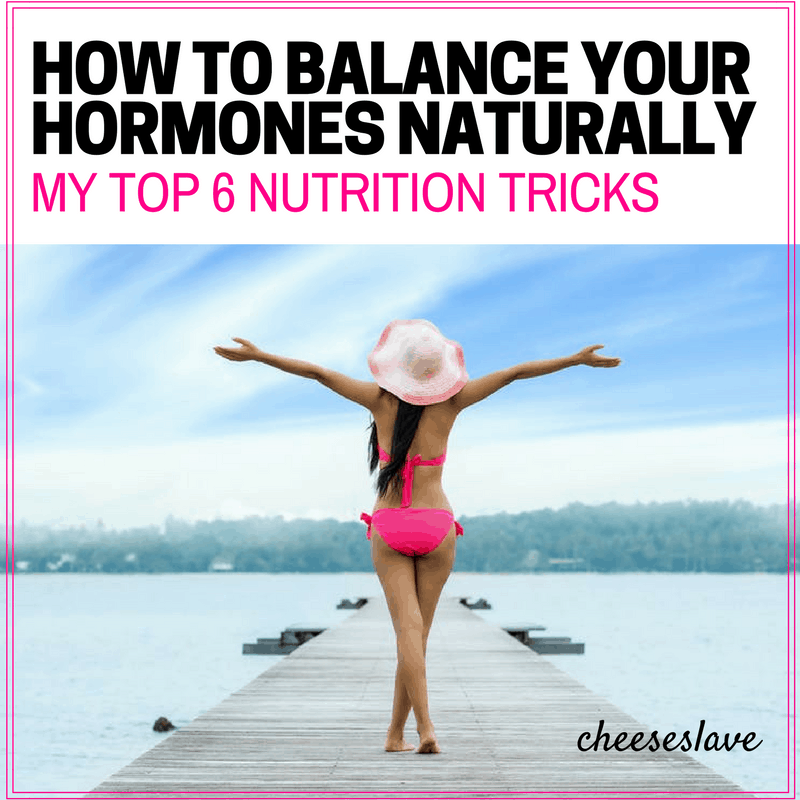
Do you suffer from hormonal problems like hypothyroidism, cysts, PCOS, infertility, migraine headaches, acne, or melasma? In this post, I’ll share how to balance your hormones naturally — just by changing your diet.
Balancing Hormones Naturally: My Top 6 Nutrition Tricks
Before I share my tips with you, please note that I’m not a doctor and this post should not be construed as medical advice. However, I have learned some things over the past few years that I want to share. I hope it will help some people out there.
This post is especially for women, since so many of us suffer from hormonal issues. These hormonal problems are more prevalent as we age, and particularly after pregnancy and childbirth. However, more and more women are experiencing hormonal problems in our youth — everything from missed periods, low sex drive, cysts in the breasts and ovaries, infertility, acne, hypothyroidism, Hashi’s, migraine headaches, persistent acne, melasma, and even breast cancer.
There are many things we can do nutritionally to prevent and reverse these hormonal disorders.
Balancing Hormones Naturally: My Experience
I want to give you a little background on my personal history. When I was 35, I started noticing patches of dark skin on my face. Melasma, or hyper-pigmentation, also known as “the mask of pregnancy” or “age spots” is a result of hormonal imbalances which are largely due to nutritional deficiencies. Trust me, it’s not fun to have your own mother tell you you have a mustache. A mustache you can’t wash, bleach or wax off.
I knew I had been suffering from adrenal exhaustion for a long time — ever since I was diagnosed with it in my mid-twenties. Adrenal exhaustion, or adrenal fatigue, is a condition where your adrenal glands are wiped out by stress, too much caffeine, inadequate rest, and malnutrition. It manifests itself in many ways including the problems I experienced: chronic fatigue and melasma.
The thyroid gland works in tandem with the adrenal glands. So if your adrenal glands are shot, this can affect thyroid function. Thyroid disorders include hypothyroidism, hyperthyroidism, Hashimoto’s thyroiditis, and thyroid cancer. Your thyroid controls many bodily functions including metabolism — this is why people who have hypothyroidism can’t ever seem to lose weight.
There was another thing that was causing my melasma… fluoride. Scroll down to #5 to learn about cutting out fluoride.
I have learned how to balance my hormones in the past few years by making various changes to my diet and lifestyle and taking nutritional supplements.
Scroll down to see my complete list of results from balancing my hormones. I’m almost 50 now and my skin looks better than it did in my 30s. In fact, most people think I am 10 or 15 years younger.

Balancing Hormones Naturally: My Top 6 Tricks
1. Eat Nutrient Dense Foods
The main thing is to eat balanced meals with foods that are nutrient-dense. Make sure you get plenty of nutrient-dense foods like grass-fed meat, dairy, traditional fats (see # 2 below), organic bone broth, and fresh organic fruits and veggies in your diet.
Bottom line: eat real food. Swap the margarine for real butter, lard and coconut oil. Eat eggs cooked in butter with bacon for breakfast instead of cereal flakes with skim milk or a breakfast bar. If you want some toast, that’s fine, but put some butter on it or make an egg sandwich with fried egg and melted cheese.

Some of the most nutrient-dense foods are organ meats. Liver, heart, kidney and other organ meats have 10-100 times more nutrition than muscle meats such as chicken breast or ground beef. Shellfish, including crab, oysters, shrimp, clams and mussels, is the most nutrient-dense form of seafood.
The less processed the foods are, the better. In other words, whole milk is better than skim milk. Ground beef or steak is better than processed lunch meats. Whole baked potatoes with butter, cheese, and sour cream… or homemade French fries are better than potato chips.
Unless they are these coconut oil potato chips or these avocado oil potato chips.
2. Eat Plenty of Good Fats
Low-fat diets are one of the biggest reasons women are having problems with their hormones. It’s very simple: Hormones are made out of cholesterol. If you don’t eat enough cholesterol, your body can’t make hormones.
What are good fats that contain cholesterol? Traditional, cholesterol-rich fats that have been around for centuries — these are the fats our great-grandmothers ate. These include: grass-fed butter, ghee, cream, egg yolks, whole milk, coconut milk, lard , beef tallow, coconut oil, duck fat, palm oil, and olive oil .

Bad fats that should be avoided include: canola oil, vegetable oil, soybean oil, cottonseed oil, and any hydrogenated oils. Also avoid buying chips and other food products that heat fragile oils like sunflower oil at high temperatures.
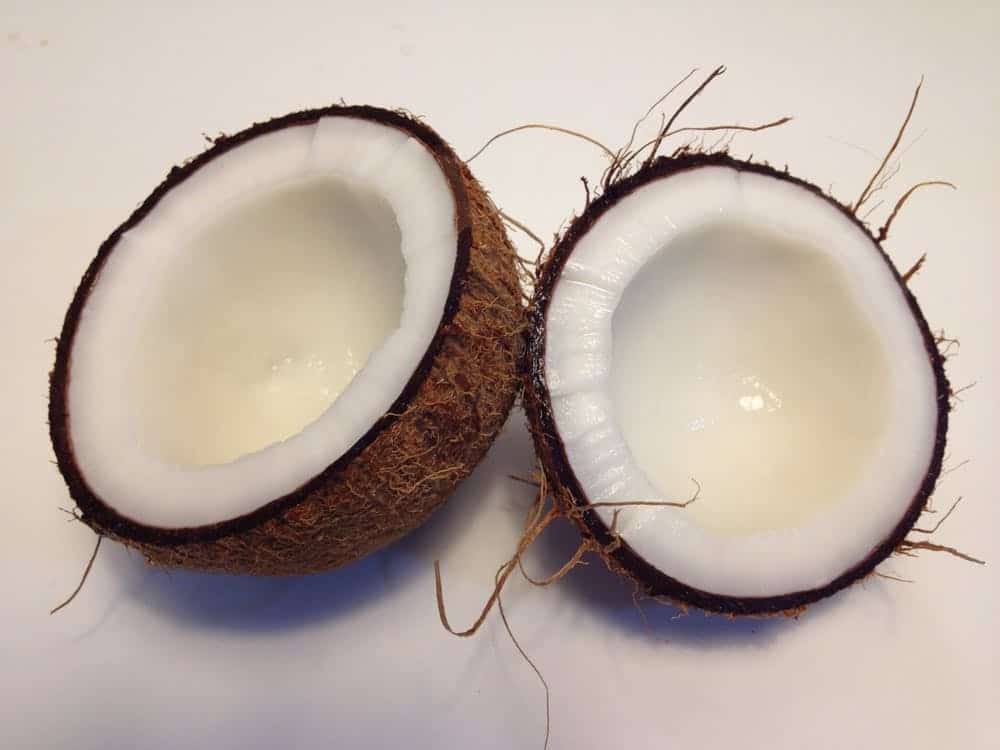
You don’t have to go crazy with this. I effortlessly eat a naturally high-fat diet (around 30-40%, I’ve tracked it) just by consuming full-fat dairy (whole milk, butter, cream, and cheese) instead of low-fat varieties.
Read more about how to eat more fat in my post, 100 Ways to Eat More Fat.
I also highly recommend cod liver oil. This is one supplement I will always take. I only recommend Rosita extra virgin cod liver oil (EVCLO). Read more about why I believe Rosita EVCLO is the best cod liver oil brand.
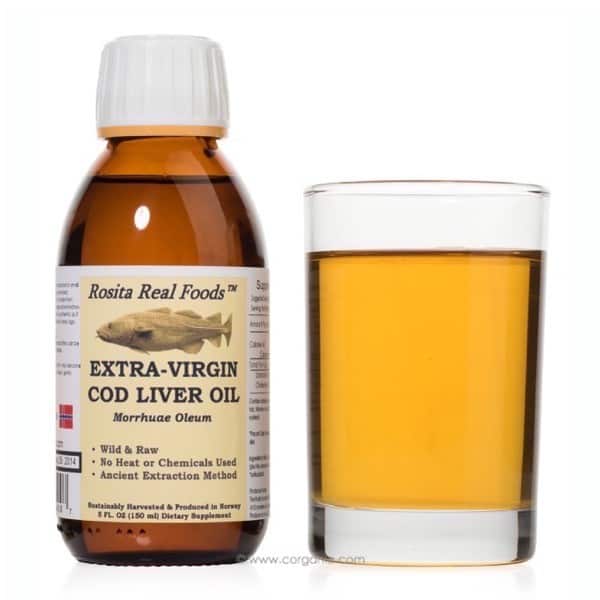
Balancing Hormones Naturally Tip # 3. Eat Enough Carbs and Get Plenty of Rest
Low carb diets and chronic sleep deprivation can cause hormonal problems. I learned about RRARFing — “rehabilitative rest and aggressive re-feeding” from my good friend, Matt Stone. He doesn’t blog anymore but a few years ago he wrote a lot about this and helped me understand how critical these two things are to healing: rest and carbs.

Prior to learning about RRARFing, I had been eating a low carb diet, was way too restrictive about my food, and I was often skipping meals. I was also not sleeping enough. This really negatively affected my hormones. RRARFing totally worked for me.
I spent 5 months in 2012 eating lots of comfort food: hash browns cooked in coconut oil, homemade sprouted flour waffles, olive oil potato chips, ice cream, and pizza. All the “bad” foods they tell you not to eat when you go “low carb”.
I also started sleeping a lot more, as Matt advises. Instead of sleeping 8 hours per night, I started sleeping 10-12 hours. I did that for a couple months.

My Results with RRARFING to Balance My Hormones Naturally
RRRARFing really helped me balance my hormones. My body temperature is now a steady 98.6 — day in, day out. (This is really important. Read my post: How I Raised My Body Temperature with Carbs)
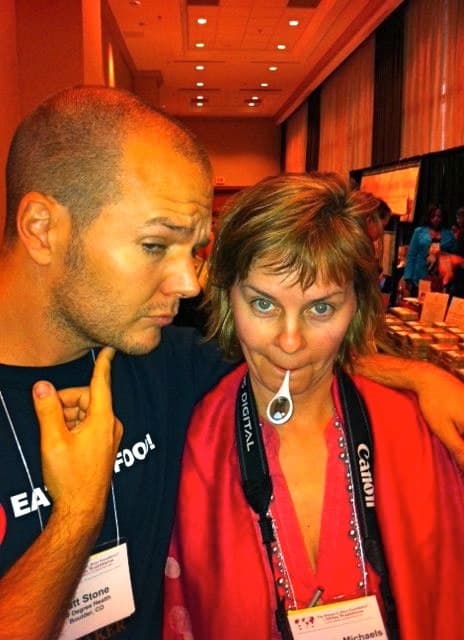
My menstrual period has regulated. I ovulate like clockwork. My insomnia is gone. I naturally get tired around 10 pm. I sleep a solid 8 hours. My energy is through the roof. I pop out of bed at 6 am and I look forward to exercise (something I never thought I’d do).
4. Do A 30-Day Elimination Diet
If you are eating a balanced whole foods diet, getting enough rest, and still not getting relief with your hormones, I highly recommend trying a 30-day elimination diet to determine if you have food allergies. I did this in my 20s and I cured my rheumatoid arthritis.
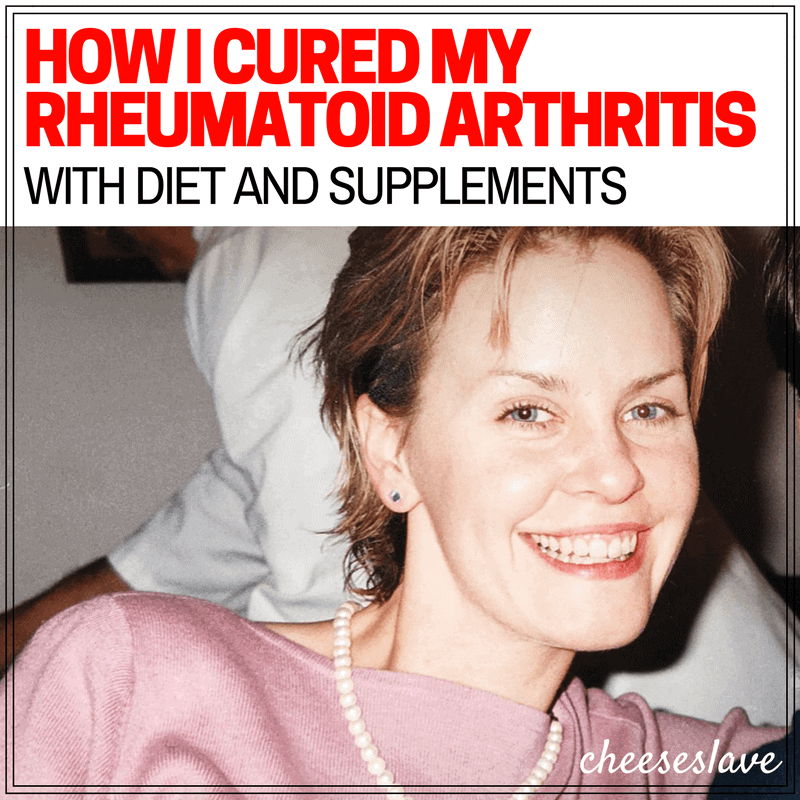
Many people have food allergies and sensitivities these days. When I was a kid, food allergies were unheard of. I’m pretty convinced what’s causing all the food allergies are primarily two things: drugs and vaccines. Why do I say this? Because if you look at the prevalence of food allergies, we saw a huge jump in allergies in the 1990s. This was when they started giving vaccines to children under 2. I recommend reading The Peanut Allergy Epidemic to learn more about this topic.
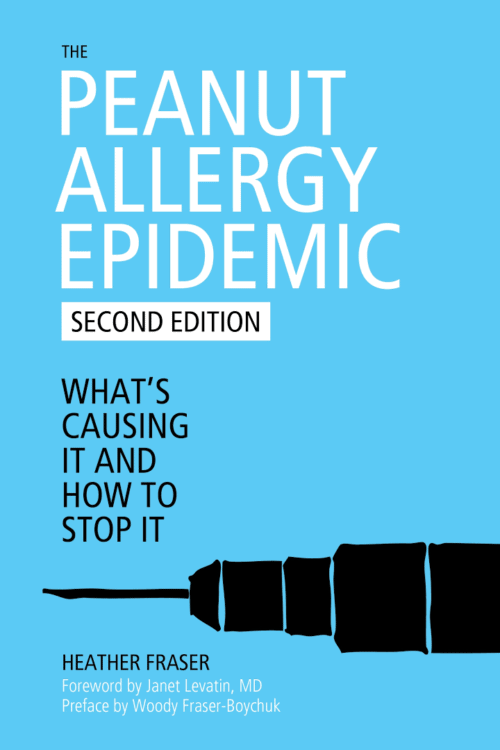
I had vaccines as a kid in the early 1970s — not nearly as many as they do today, but I was vaccinated. But I also grew up on a lot of antibiotics. Antibiotics (and other drugs, like the birth control pill, for example), wreak havoc on your gut flora. When your gut flora is abnormal (too much bad bacteria and not enough good bacteria), it takes time to restore the good bacteria and rebuild your intestinal lining. When your gut lining is healthy, it secretes the enzymes that help you digest your food. It’s really not very complicated.
It’s relatively easy to heal the gut and reverse food allergies by just avoiding the offending foods for a period of time (the ones you react to) and taking the right probiotics. Most probiotics don’t work and some can even do damage, which is why I say “the right probiotics”. I recommend only one probiotic: Smidge (formerly GutPro). It’s the only brand I can recommend because it’s therapeutic grade (meaning it actually works), doesn’t contain additives, and doesn’t include strains that may be harmful.
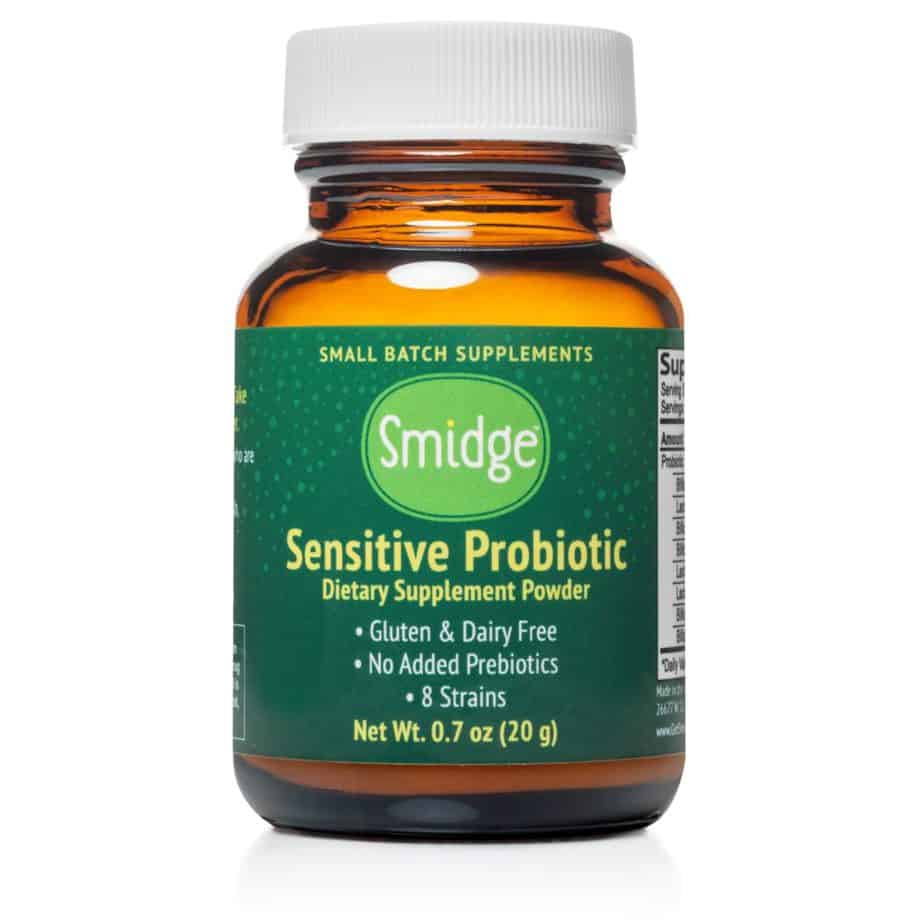
It took me about 2 years to heal my gut but I was able to completely cure my arthritis, chronic fatigue, adrenal exhaustion, and ultimately reverse my gluten intolerance. You can read my story of how I healed here.
You might be asking yourself, what does gut health and arthritis have to do with hormones? When you have an auto-immune disorder, your body is constantly fighting. And this exhausts your adrenals. When your adrenals are exhausted, your thyroid becomes compromised, because the adrenals and the thyroid work together. So for many people, getting off gluten or dairy for a period of time can solve your problems.

5. Cut Out the Fluoride
However, getting off gluten won’t work for everyone. It didn’t work for my assistant, Jennifer. She was getting weekly migraines, and she had cysts in her ovaries that were bursting and were very painful. She also suffered from chronic acne. Read Jennifer’s story here (about halfway down the page).

I thought for sure it was probably a gluten or dairy allergy. We tried putting Jennifer on the 30-day elimination diet. Nothing happened. She literally saw zero results.
Thanks to Melissa Gardner’s book, The Hidden Cause of Acne, I thought maybe Jennifer’s symptoms were due to fluoride. We got her off all fluoride for 30 days, and guess what? She saw immediate results. All her symptoms went away within just 30 days.
How Do You Get the Fluoride Out?
It’s not so easy to get the fluoride out of your diet. It’s not enough to buy fluoride-free toothpaste and filter your water. Fluoride is in so many foods and drinks we eat every day. In fact, one of the worst sources of fluoride is kombucha and tea. And Jennifer was drinking anywhere from 16-32 ounces of kombucha and iced tea every day. She was also on Prozac, which contains fluoride.

Jennifer’s Results
Jennifer has only had one migraine in the past 7 months since she did the elimination diet. Her ovarian cysts have stopped forming, and she no longer has to go to the hospital to get Vicodin.
She found that if she maintains a totally organic diet, her skin stays clear. However, if she eats anything that’s not organic (non-organic foods are sprayed with cryolite, a fluoride-based pesticide), or cooked in aluminum or Teflon (which increases the fluoride in food 3 times), her face breaks out.

My Results with Melasma
For a long time, I thought my melasma had disappeared because I was eating a whole foods diet and taking supplements like cod liver oil. This is because after a few years on a whole foods, nutrient-dense diet, my melasma disappeared 100%.
Here’s a picture of me before I started eating a full-fat real foods diet (2008):

See the gross splotchy brown patch of melasma on the right side of my forehead?
And here’s a picture of me after a few years on a healthy whole foods diet (2013) — no melasma!

But then, last year, I noticed my melasma was starting to creep back onto my face. This picture was taken last year (2016):

And you know what I realized last year? I had neglected to change the filter on my reverse osmosis water filter. And I had stopped eating all organic and had been really sloppy about my diet (non-organic food is full of fluoride). I was also drinking a lot of iced tea (high in fluoride).
That’s when I figured out it was the fluoride that was causing my melasma. I’ve since replaced the filter and am eating about 90%-100% organic now, and I’m taking Iodoral — and my melasma is already getting lighter.
Getting Fluoride Out of the Body
Since fluoride has a 20-year half-life (that means 20 years after you consume it, half the amount will still be stored in your body), it’s going to take time to get the fluoride out of Jennifer’s bones and tissues. However, with iodine, it can be done in a matter of months or years. (Read the next section to learn more about supplementing with iodine.)
If you want to learn how to get the fluoride out of your diet, I’m launching a new membership site and online support group, The Real Food Healing Club. Skip down to the bottom of this post to learn more.
6. Get Your Minerals On!
Minerals are vitally important to balancing hormones. For example, if you are low in zinc, which many of us are, you will not be able to produce enough testosterone. Yes, even women need a certain amount of testosterone — this is vital to a healthy sex drive. Iodine is also critical for healthy thyroid function.
Most of us are depleted of minerals like iodine, magnesium and zinc. Our soil has less minerals than it used to, so the produce grown in that soil has fewer minerals as well. Phytic acid in whole grains (like oats and whole wheat) deplete the body of minerals (unless these foods are properly soaked or sprouted — see my post on soaking grains.) Fluoride and bromide also compete with iodine and magnesium and trick the body into absorbing the fluoride instead of the minerals. This is why Jennifer was able to resolve her ovarian cysts by getting the fluoride out of her diet — our ovaries need iodine.
Iodine and Magnesium
Two of the minerals most of us are most commonly deficient in are iodine and magnesium.
Iodine is critical for human health, and as I said, it’s displaced by halides like fluoride and bromide. Iodine is also blocked by certain goitrogenic foods like soy and some cruciferous vegetables like broccoli and kale. Goitrogens, found in some raw vegetables and soy, block iodine uptake which can cause thyroid disorders, cysts in the breasts and ovaries, and cancer in these organs.
I would not worry about eating broccoli here and there, especially if it’s cooked, but if you are drinking raw green smoothies on a regular basis and consuming lots of soy via soy milk or other soy foods, it could be a very big problem for your hormones.
The Japanese have one of the lowest rates of breast cancer. I believe this is partly due to the fact that they consume large quantities of iodine, mainly in the form of fish broth and seaweed. (Not, as we often hear, due to soy. They eat very little soy compared to the amount of fish, fish broth and seaweed).

Japanese people traditionally eat miso soup with all their meals — breakfast, lunch and dinner. Traditionally prepared miso soup is made with bonito broth. Bonito broth is made with fish. The fish are small and they use the whole fish in the broth, including the heads.
The reason this is important is the head is where the thyroid gland is contained. The thyroid is where iodine is stored. So if you are making fish broth, you need to include the head to get the iodine. The soup also contains seaweed which is also rich in iodine.
How to Consume More Minerals
Unless you are eating real bonito broth miso soup every day, I recommend taking a supplement to get the same amount of iodine. One Iodoral pill contains 12.5 mg of iodine (which is the same amount the Japanese consume). Another form of iodine is Lugol’s. I take Iodoral.
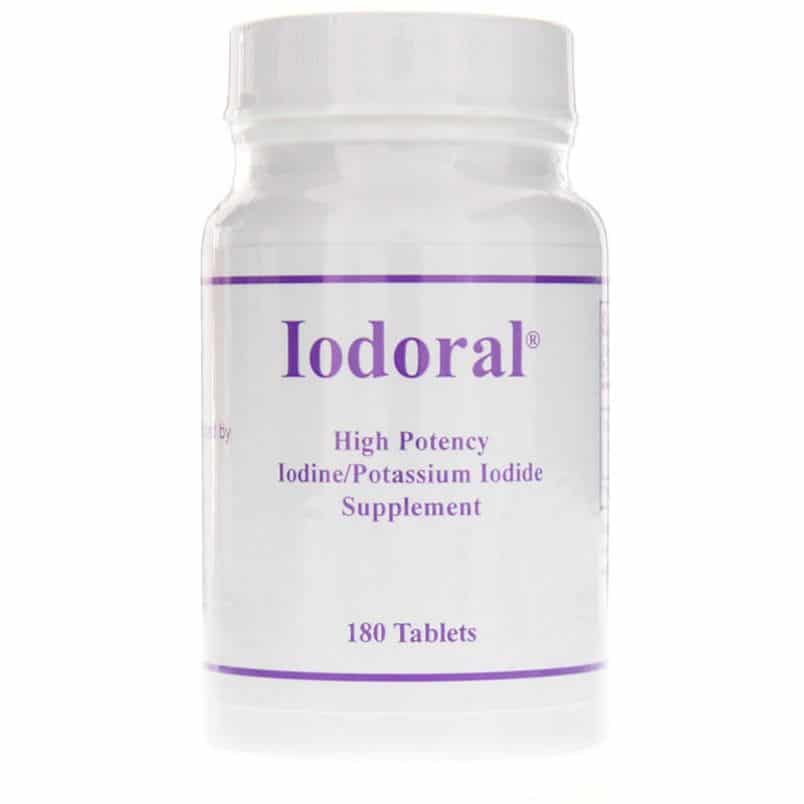
Note: If you have Hashi’s, you will need to work with an iodine practitioner or a doctor familiar with iodine supplementation. According to iodine experts like author Lynne Farrow, iodine is helpful for Hashi’s but it is not advised to try to supplement on your own.
I also recommend supplementing with magnesium or taking epsom saltbaths, (yes, it is that easy) as most of us are deficient. Read my post about magnesium deficiency: Are You Suffering from Magnesium Deficiency?
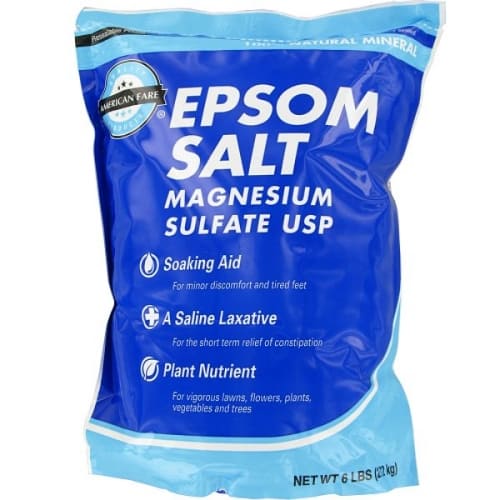
One of the best sources of minerals is homemade bone broth. Click here to read my post, 50 Ways to Eat More bone Broth.
However, you need to make sure it’s organic bone broth, as non-organic bone broth is very high in fluoride.
Here are my recipes for homemade beef broth and homemade chicken stock. I also have a recipe for pressure cooker bone broth made in a fraction of the time in the Instant Pot.
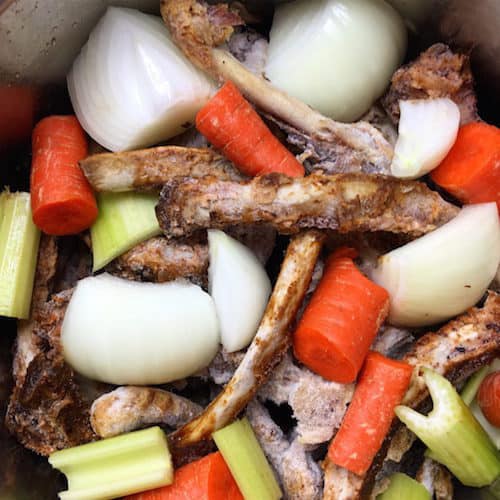
Also, and this is important, if you believe you have an excess of fluoride in your bones and tissues like Jennifer does (as described above), supplementing with iodine is not a simple matter. There is something called the Iodine Protocol which is a way to safely supplement with iodine (for those with excessive amounts of fluoride in the body, it is a slow process, much like the process I went through with probiotics to heal my gut in my 20s). If you consume too much iodine too fast, you can have detox reactions like skin rashes and headaches.
I describe the Iodine Protocol in this post.
Balancing Hormones Naturally: Pin This Post!

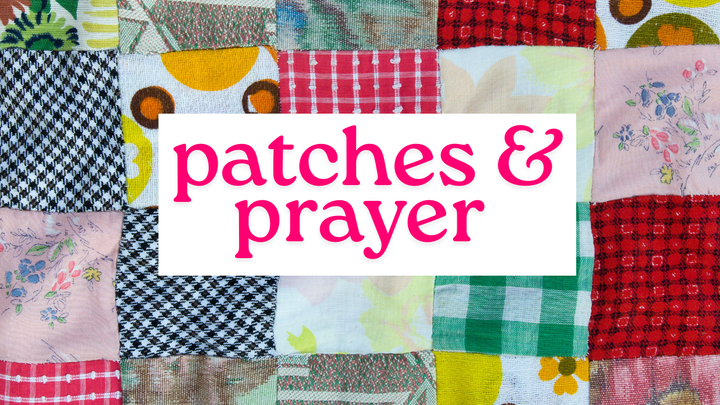

Comments ()